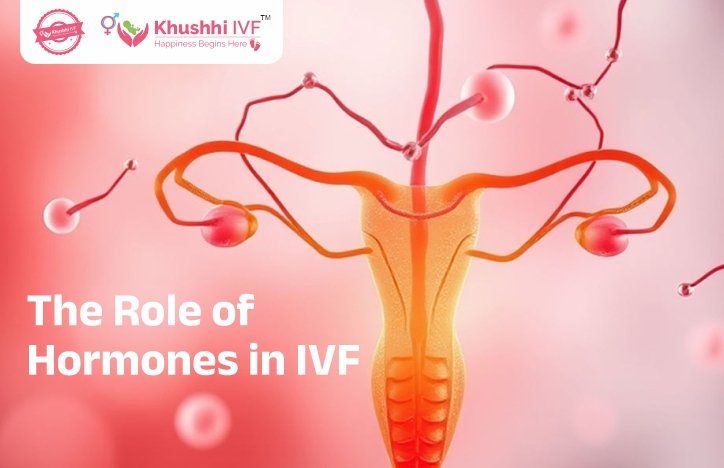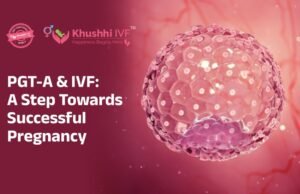Infertility is a major concern for many couples. Advanced reproductive treatments have helped fulfill the dream of parenthood. In vitro fertilization (IVF) is one of the most effective treatments. The success of IVF depends on various factors. Hormones play a vital role in this process. Proper hormonal balance increases the chances of pregnancy.
Understanding Hormones in IVF
Different hormones control reproductive functions. These hormones are regulated during IVF. Medication is given to stimulate hormone production. The goal is to enhance egg development and implantation.
Important Hormones in IVF
Follicle-Stimulating Hormone (FSH)
FSH is responsible for egg development. Ovarian follicles are stimulated by this hormone. Multiple eggs are encouraged to grow. A higher number of mature eggs increases success rates.
Luteinizing Hormone (LH)
LH plays a crucial role in ovulation. Ovulation is triggered by an LH surge. Proper timing of this hormone ensures egg retrieval at the right stage.
Gonadotropin-Releasing Hormone (GnRH)
GnRH controls the release of FSH and LH. The production of these hormones is regulated by GnRH. IVF protocols use GnRH agonists or antagonists to prevent premature ovulation.
Human Chorionic Gonadotropin (hCG)
hCG is used for final egg maturation. The eggs are prepared for retrieval through an hCG injection. A precise dose is required to optimize results.
Progesterone
The uterus is prepared for implantation with progesterone. The uterine lining is thickened by this hormone. A stable pregnancy is supported through its supplementation.
Estrogen
Estrogen helps in endometrial development. The uterine lining is strengthened for embryo implantation. Hormonal support is provided throughout the IVF cycle.
Hormonal Stimulation in IVF
Controlled ovarian stimulation (COS) is performed using hormonal injections. A customized treatment plan is designed by fertility specialists. The response of the ovaries is monitored through ultrasound scans and blood tests.
Hormones and Egg Retrieval
The growth of follicles is tracked by hormone levels. Egg retrieval is scheduled when follicles reach the right size. Hormonal medications ensure optimal egg quality and quantity.
Hormones and Embryo Transfer
Before embryo transfer, hormonal support is essential. Estrogen and progesterone maintain the uterine environment. Successful implantation depends on proper hormonal balance.
Why Hormonal Balance is Crucial?
Hormonal imbalances can affect IVF outcomes. Poor egg quality, failed implantation, and miscarriage risks are increased. Hormonal levels are carefully monitored by fertility experts.
Side Effects of Hormonal Medications
Some side effects may be experienced by patients. These include bloating, mood swings, headaches, and fatigue. Ovarian hyperstimulation syndrome (OHSS) is a rare complication. Careful medical supervision minimizes risks.
Personalized Hormonal Protocols
Every patient’s hormone levels are assessed. Personalized treatment protocols are designed for better results. The best approach is selected based on medical history and response to medication.
Conclusion
Hormones play an essential role in IVF treatment. The entire process is influenced by hormonal regulation. A well-balanced hormonal approach enhances pregnancy success. Expert fertility specialists at Khushhi IVF, Ahmedabad, provide advanced hormonal therapies.
For the best IVF and infertility treatment in Ahmedabad, visit Khushhi IVF. Affordable treatment options are available. Low-cost IVF and IUI treatments are offered with advanced care. Infertility counseling is also provided for emotional support. Book a consultation today!





